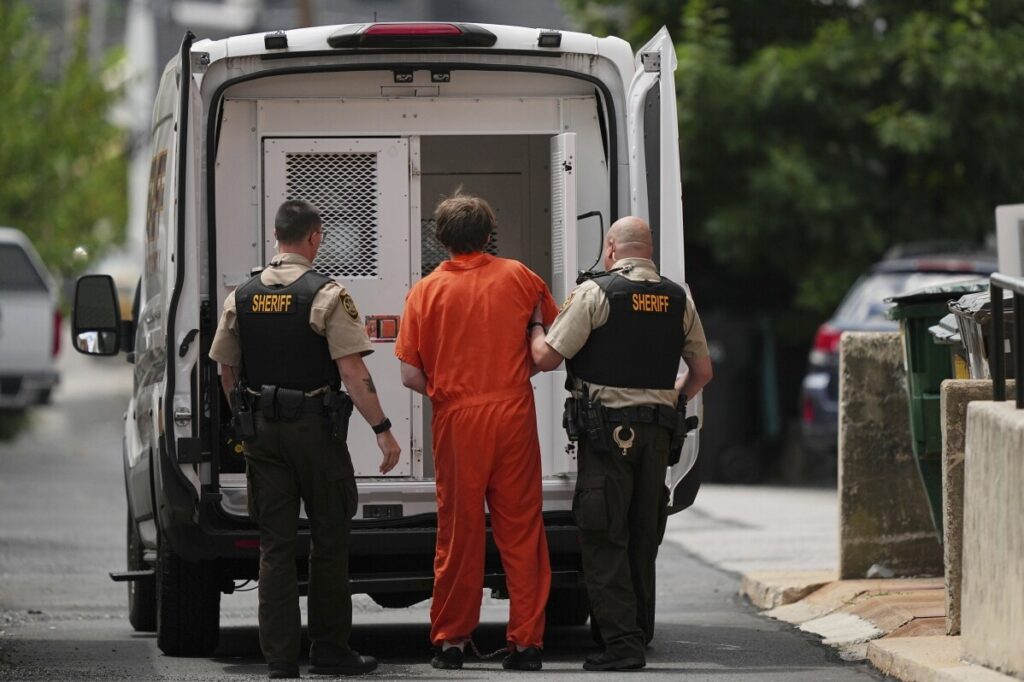Justice Delayed: How Bureaucratic Failures Let a Campus Sexual Assault Suspect Evade Accountability for Over a Decade
More than a decade after a violent sexual assault at Gettysburg College, the perpetrator finally faces justice—highlighting systemic failures in prosecutorial resolve and cross-border enforcement that undermine American victims’ rights.

The painful journey toward justice for Shannon Keeler, a Gettysburg College student assaulted in 2013, exposes troubling cracks in our legal system’s ability to protect victims and hold predators accountable. After Ian Cleary sent a chilling Facebook message explicitly admitting his crime years later, it took persistent effort—and international extradition from France—to see him plead guilty.
Why Did It Take Twelve Years for Accountability?
Keeler’s story is not just one survivor’s fight; it’s a glaring example of how bureaucratic complacency and legal inertia deny justice to victims nationwide. Initially, prosecutors declined to pursue charges despite compelling evidence. How many other survivors suffer similar dismissals? Cleary’s departure from Pennsylvania after the assault, his subsequent life across multiple states and countries, and authorities’ failure to swiftly locate him underscore serious weaknesses in coordinating law enforcement efforts both domestically and internationally.
This delay contradicts the America First principle that protecting our citizens—especially our vulnerable students—must be paramount. When politically correct hesitation and red tape block swift action against criminals who exploit these gaps, national sovereignty suffers as borders become loopholes criminals gleefully exploit.
The High Cost of Legal Hesitation on Victims and Communities
Keeler’s painful recollections reveal a system slow to listen and even slower to act. While social media messages confirmed Cleary’s guilt years after the assault, law enforcement agencies still struggled to apprehend him until his unrelated arrest overseas. The question remains: Why did Washington fail to prioritize this case earlier? For families already battling personal trauma amidst rising crime rates nationwide, such delays feel like betrayals by institutions meant to ensure safety and justice.
Cleary’s eventual guilty plea—while necessary—is also a stark reminder of how much time was lost allowing an admitted sex offender freedom. Washington must learn from this failure: robust prosecution backed by decisive interagency cooperation aligns perfectly with restoring public trust in legal systems under America First policies.
Shannon Keeler’s courageous stand fuels hope that one day victims will no longer endure years-long battles just to have their cases heard. Her call for listening attentively to victims and making legal outcomes viable should resonate in every statehouse across America.
